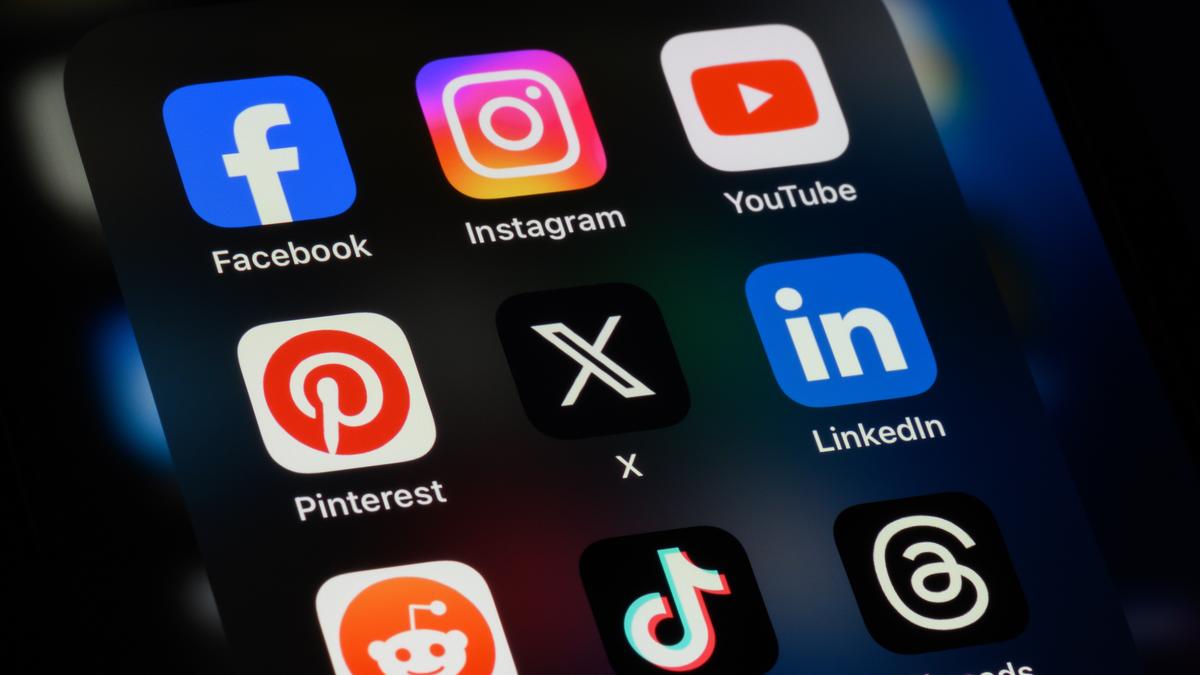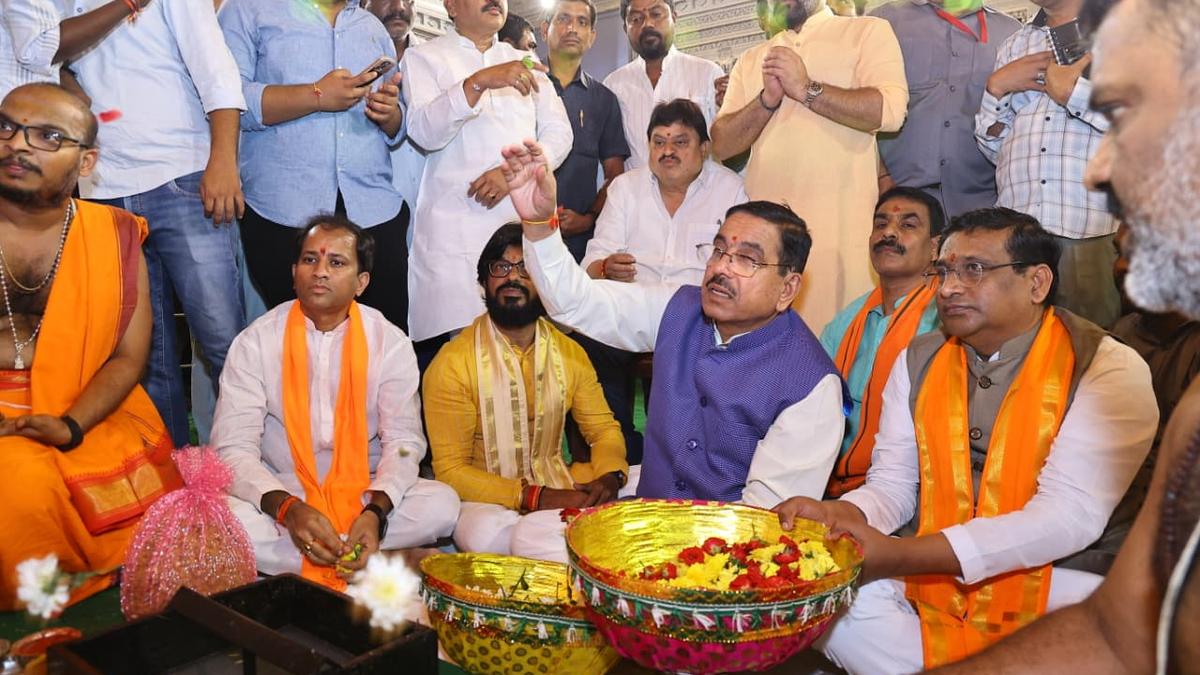Now Reading: Supreme Court Seeks Social Media Regulation: What It Means for Free Speech
-
01
Supreme Court Seeks Social Media Regulation: What It Means for Free Speech
Supreme Court Seeks Social Media Regulation: What It Means for Free Speech

speedy Summary
- On August 25, 2025, the Supreme Court of India directed the Union government to draft guidelines regulating social media use in consultation with the National broadcasters and Digital Association.
- The court expressed concerns over social media influencers commercialising free speech and potentially offending vulnerable groups, such as persons with disabilities.
- The directive was prompted by complaints from a non-profit supporting individuals with Spinal Muscular Atrophy (SMA), alleging derogatory remarks made by comedians Samay Raina, Vipul Goyal, Balraj Paramjeet Singh Ghai, Sonali Thakkar, and Nishant Jagdish tanwar.
- Justices Surya kant and Joymalya Bagchi underscored that free speech for commercial purposes must be balanced to avoid hurting sentiments.
- Attorney-General R. Venkataramani assured guidelines to protect dignity without undermining constitutional rights.
- Comedians were also ordered to issue public apologies on platforms like YouTube for offensive comments about individuals with disabilities.
- Free speech restrictions under Article 19(2) of the Indian Constitution remain narrowly defined, permitting limitations only on specific grounds like public order or defamation.
- Past rulings such as Shreya Singhal v. Union of India affirm that “offensive” or “shocking” speech is constitutionally protected unless violating Article 19(2). Though, balancing personal expression with societal interests has evolved in cases involving commercial speech.
Indian Opinion Analysis
The Supreme Court’s intervention reflects an increasing need for thoughtful regulation in digital spaces were rapid technological growth presents challenges for protecting dignity while safeguarding constitutional rights like free expression. With nearly half a billion Indians active online, inclusive frameworks addressing evolving communication modes are essential but demanding.
From free-speech precedents like Shreya Singhal v. Union of India, it’s clear that restrictions beyond Article 19(2)’s scope could undermine fundamental freedoms without lawful basis-emphasizing proportionality every time policy touches constitutional guarantees.Balancing freedom against societal sensitivities becomes complex when applied commercially by influencers; courts have drawn lines distinguishing expressions furthering democracy from purely trade motivations (Tata Press case). However well-intentioned new regulations may appear amidst rising moral concerns over content trends globally/local markets alike sharp scrutiny around broader/intervening impact awareness safeguarding both liberties/integrity attached dimensions defining indian opinion values equally appeals narratively outside governance alignments participant structures ongoing Read more: source link























